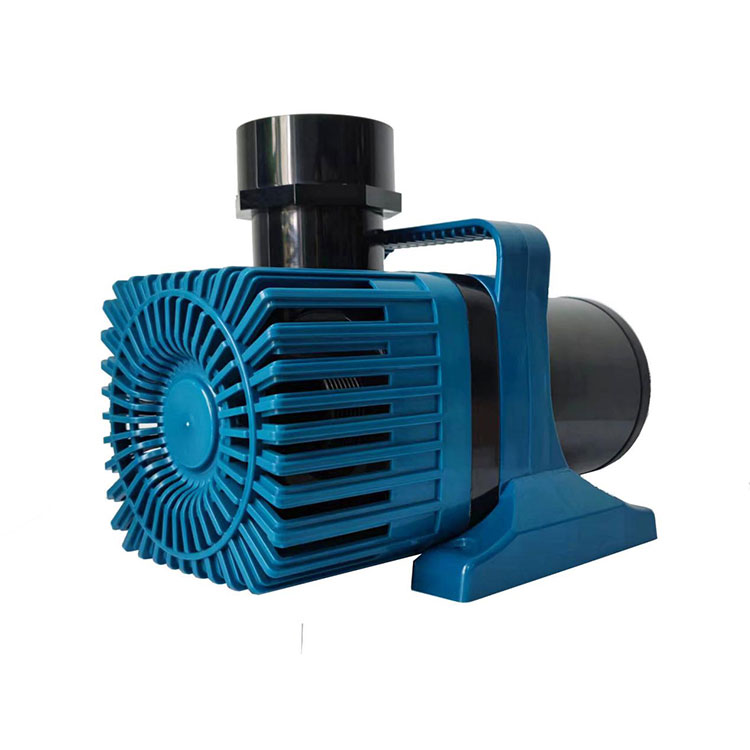How to Maximize the Efficiency of Your Garden Pump for Sustainable Gardening
2024-09-11
Garden pumps are not just a convenience; they play a critical role in sustainable gardening by allowing you to optimize water use, reduce waste, and ensure that your plants are getting the hydration they need. With growing environmental concerns and the need for efficient water management, understanding how to use your garden pump effectively can lead to significant benefits.
The Role of Garden Pumps in Sustainable Gardening
Water conservation is one of the primary principles of sustainable gardening. Garden pumps, when used correctly, can help you collect and distribute rainwater or recycled water, minimizing the need for fresh water from municipal systems. By integrating pumps with rainwater harvesting systems or greywater recycling setups, you can ensure that your garden thrives even during periods of water restrictions or drought.
Setting Up a Rainwater Harvesting System with a Garden Pump
One of the most effective ways to reduce your water usage is to install a rainwater harvesting system. Here’s how you can set it up with your garden pump:
1. Install Rainwater Collection Tanks:
- Set up tanks to collect rainwater from your roof or other surfaces. Ensure that the tanks are placed in a location where the garden pump can easily access the water.
2. Connect a Garden Pump:
- Choose a rainwater tank pump that suits your system's size. Surface pumps are easier to install, but submersible pumps may be more efficient if the water tank is deep.
3. Distribute Water Efficiently:
- Use your pump to connect to an irrigation system or garden hose, allowing you to water your plants directly with collected rainwater.
4. Monitor Water Levels:
- Regularly check the water levels in your tank and adjust the pump settings to avoid running dry, which could damage the pump.
Optimizing Water Pressure and Flow Rate
One of the challenges many gardeners face is ensuring that water pressure remains consistent throughout their irrigation system. A garden pump can help with this by boosting water pressure, but there are a few tricks to maximize efficiency:
- Install Pressure Regulators: If your garden pump produces more pressure than needed, use regulators to prevent over-watering or damage to sensitive plants.
- Optimize Pump Size: Avoid over-sizing your pump. A pump that is too powerful can waste energy, while a pump that is too small might not provide enough water pressure. Calculate the flow rate and pressure you need based on your garden’s size and water requirements.
- Use Drip Irrigation: Instead of using sprinklers, which can waste water through evaporation, use a drip irrigation system that delivers water directly to the base of your plants. Garden pumps can easily be connected to drip systems for efficient watering.
Maintaining Your Garden Pump for Longevity
A well-maintained pump can last for many years and provide consistent, reliable water delivery. Here’s how to keep your pump in top shape:
1. Clean the Filters: If your pump has a filter, clean it regularly to avoid clogs that can reduce efficiency.
2. Inspect the Pump Housing: Check the pump housing for cracks or wear, especially if it’s exposed to the elements. Corrosion or damage can affect performance over time.
3. Lubricate Moving Parts: Some pumps have moving parts that require occasional lubrication to prevent friction and wear.
4. Avoid Running Dry: Submersible pumps, in particular, should never be run without water, as this can cause overheating and irreversible damage.
Benefits of Using Solar-Powered Garden Pumps
For the environmentally conscious gardener, solar-powered garden pumps offer a sustainable alternative to traditional electric pumps. These pumps use solar panels to generate power, making them ideal for remote gardens or areas with limited access to electricity. While they may require a larger upfront investment, solar pumps can save energy costs and reduce your carbon footprint over time.
Conclusion
Garden pumps, when used efficiently, can play a significant role in sustainable gardening practices. By setting up rainwater harvesting systems, optimizing water pressure, and maintaining your pump, you’ll not only keep your garden healthy but also conserve valuable water resources. Additionally, consider using solar-powered pumps to further enhance the sustainability of your gardening efforts.



